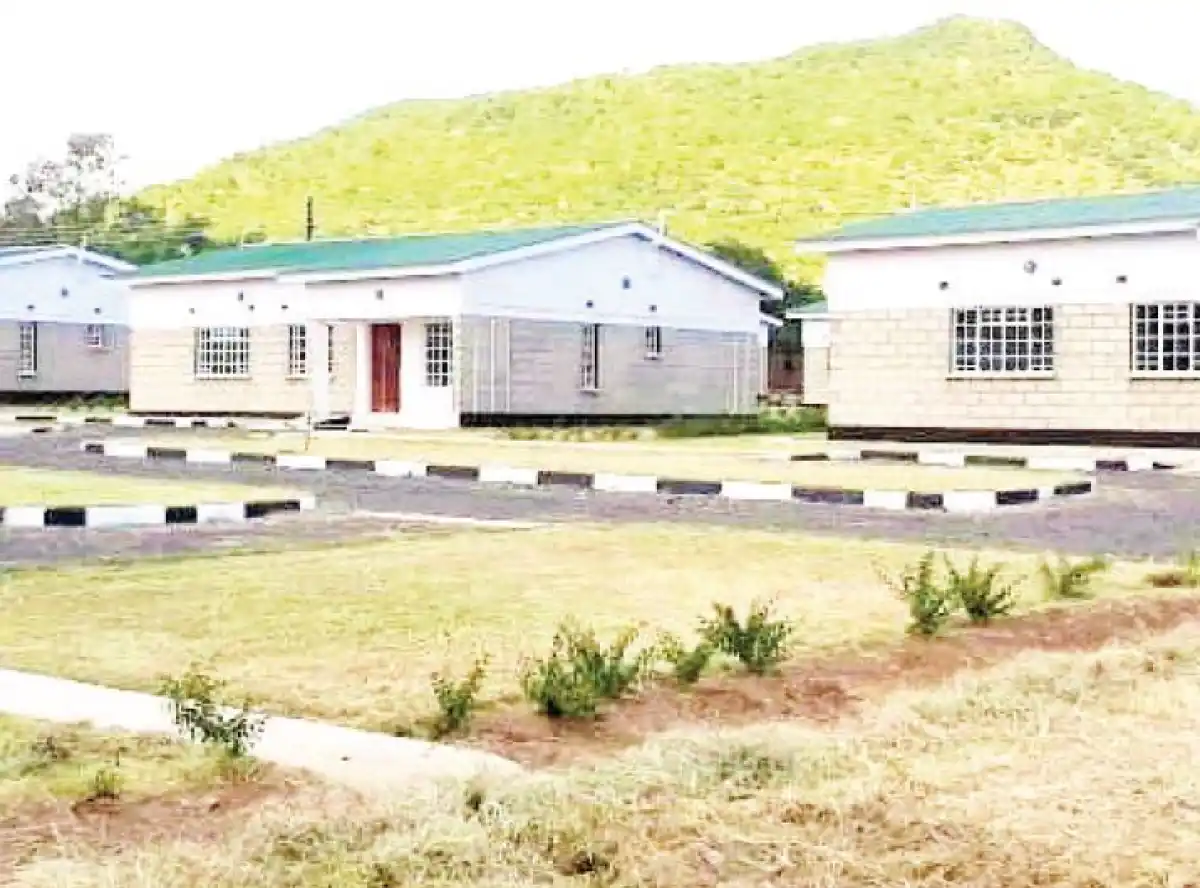
By Kingsley Jassi
Malawi expects increased access from the World Bank’s International Development Association (IDA), which has been replenished, as it expects to make $100 billion disbursements to eligible developing countries in the next cycle.
The 21st IDA replenishment cycle will run from July 2025 to June 2028, with World Bank Group and partner governments pledging $23 billion, which will unlock the record $100 billion to extend IDA’s lifeline to 78 low-income countries.
World Bank Group President Ajay Banga said in a statement that he expects the sourced amount to help stabilise the economies of developing countries, build resilience from climatic shocks and create job opportunities as about 700 million young people in the targeted 78 IDA eligible countries are grappling with unemployment.
“This funding will be deployed to support the 78 countries that need it most, providing resources to invest in health, education, infrastructure and climate resilience; stabilise economies, create jobs and build the foundation for a better future; and empower nations to navigate an uncertain world and unlock their full potential,” Banga said.
According to Ministry of Finance spokesperson, Williams Banda, Malawi has been accessing an average of $700 million each cycle and expects the disbursements to surpass $1 billion in the next cycle.
“IDA’s allocation to Malawi has been averaging around $700 million the past three cycles. Of course, the actual commitment is usually more than this due to top-ups that are provided on the way, mainly in response to crisis.
“For this cycle, we expect an increase to around $1 billion but that is dependent on several factors, including absorption capacity, which remains low. We still have huge balances in project accounts,” he said.
Priority sectors in the next cycle, according to Banda, include mining, energy, education, infrastructure development that covers roads, irrigation facilities, water and sanitation.
The resources are also expected to go towards climate resilience projects, especially environmental conservation, social protection and financing manufacturing projects.
Banda said since IDA allocation is also attached to a Country Policy and Institutional Assessment (CPIA) score and achievement of Performance and Policy Actions (PPAs) under the Sustainable Development Finance Policy (SDF) framework, Malawi needs to improve on these areas.
“Otherwise, current performance may negatively affect Malawi’s allocation. Failure to achieve the PPAs results in withholding of 20 percent of IDA’S allocation to a country. CPIA scores determine the amounts to be allocated to countries. Currently, Malawi’s score is 3.0 against the IDA average of 3.1.
“The low score is mainly on account of poor economic management, which has a score of 2.2 against [the] average of 3.2 for IDA countries,” Banda said.
About 30 percent of IDA financing consists of grants, with the rest in extremely low interest credits that can be repaid over long periods of time, according to the World Bank.








0 Comments